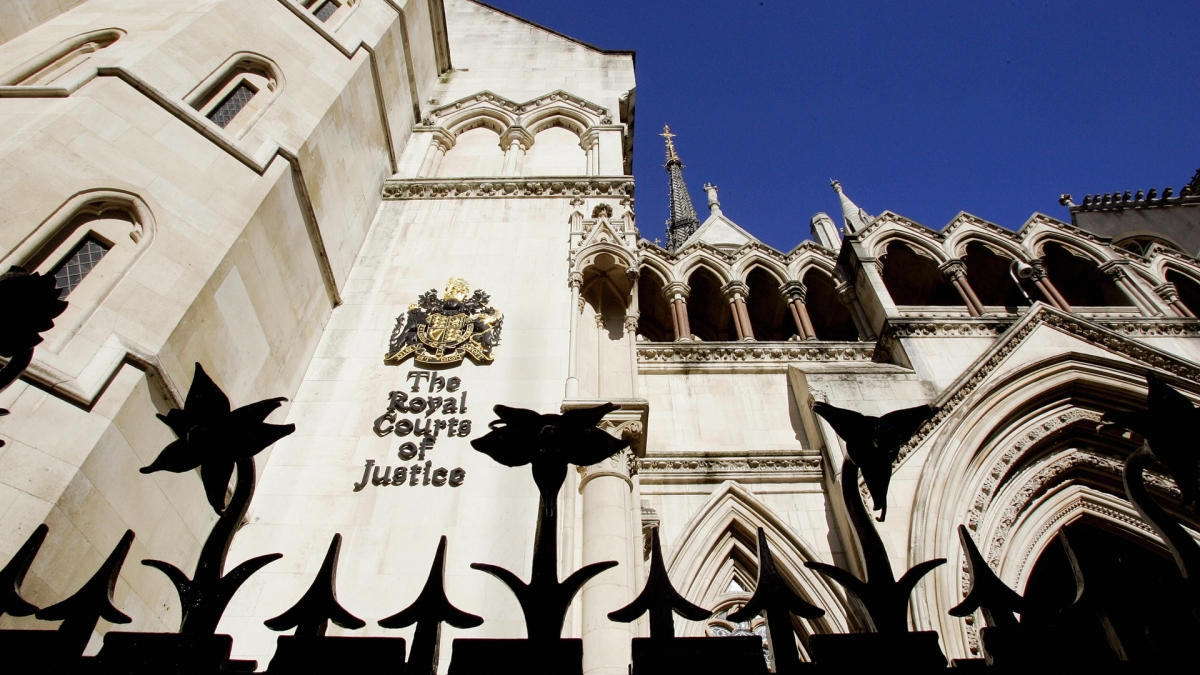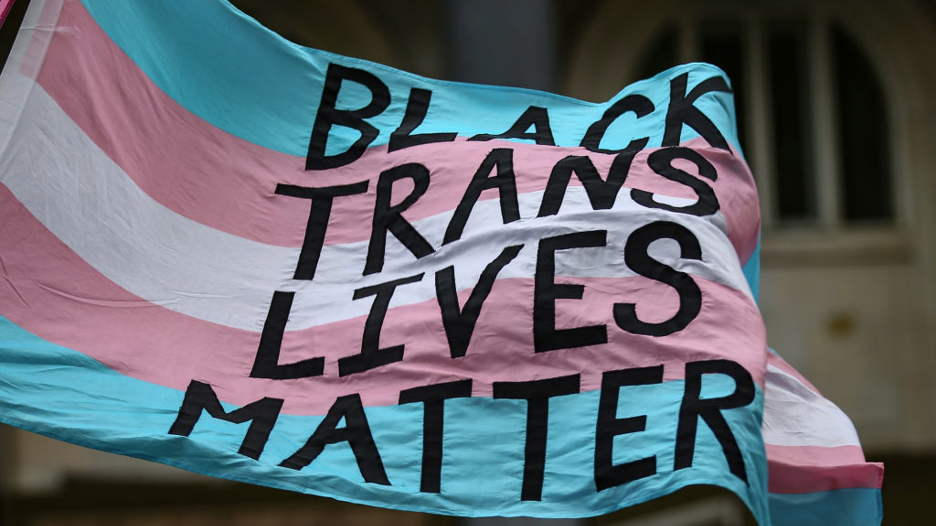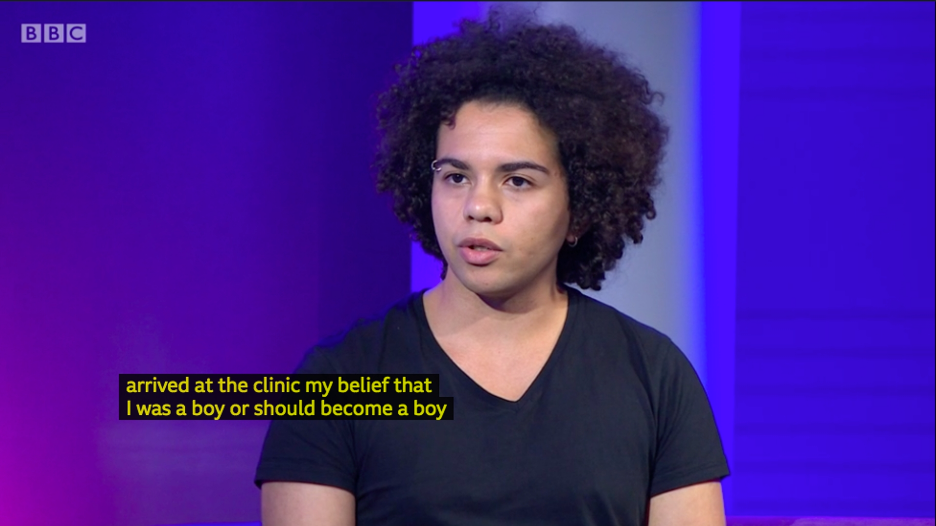Cheap mysticism posing as care
Gender identity ideology has had a profound impact on western society. The concept of an innate and immutable gendered essence — like a gendered soul, perhaps? — has displaced the reality of biological sex in law and policy, even compromising the meaning of words as basic as man and woman.






